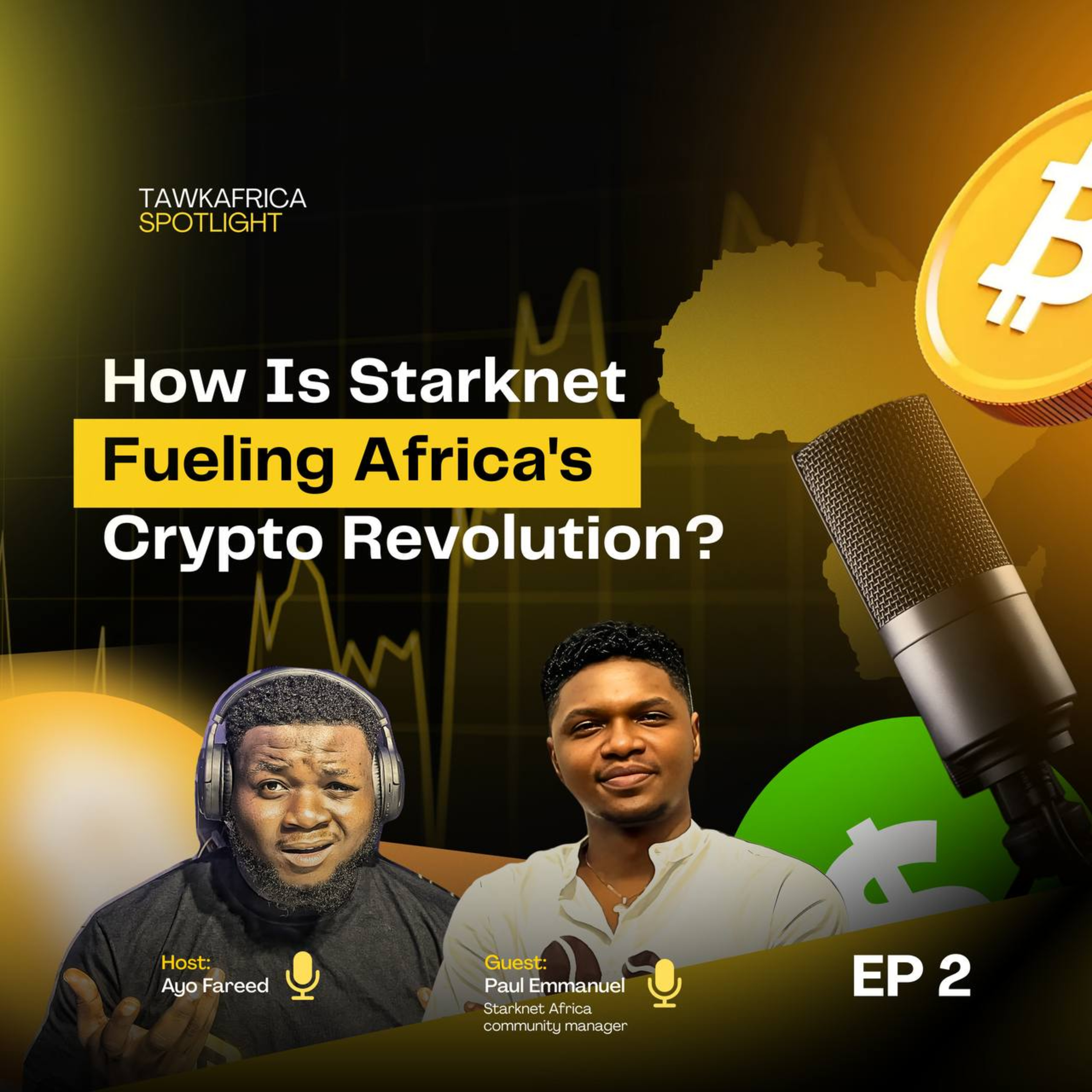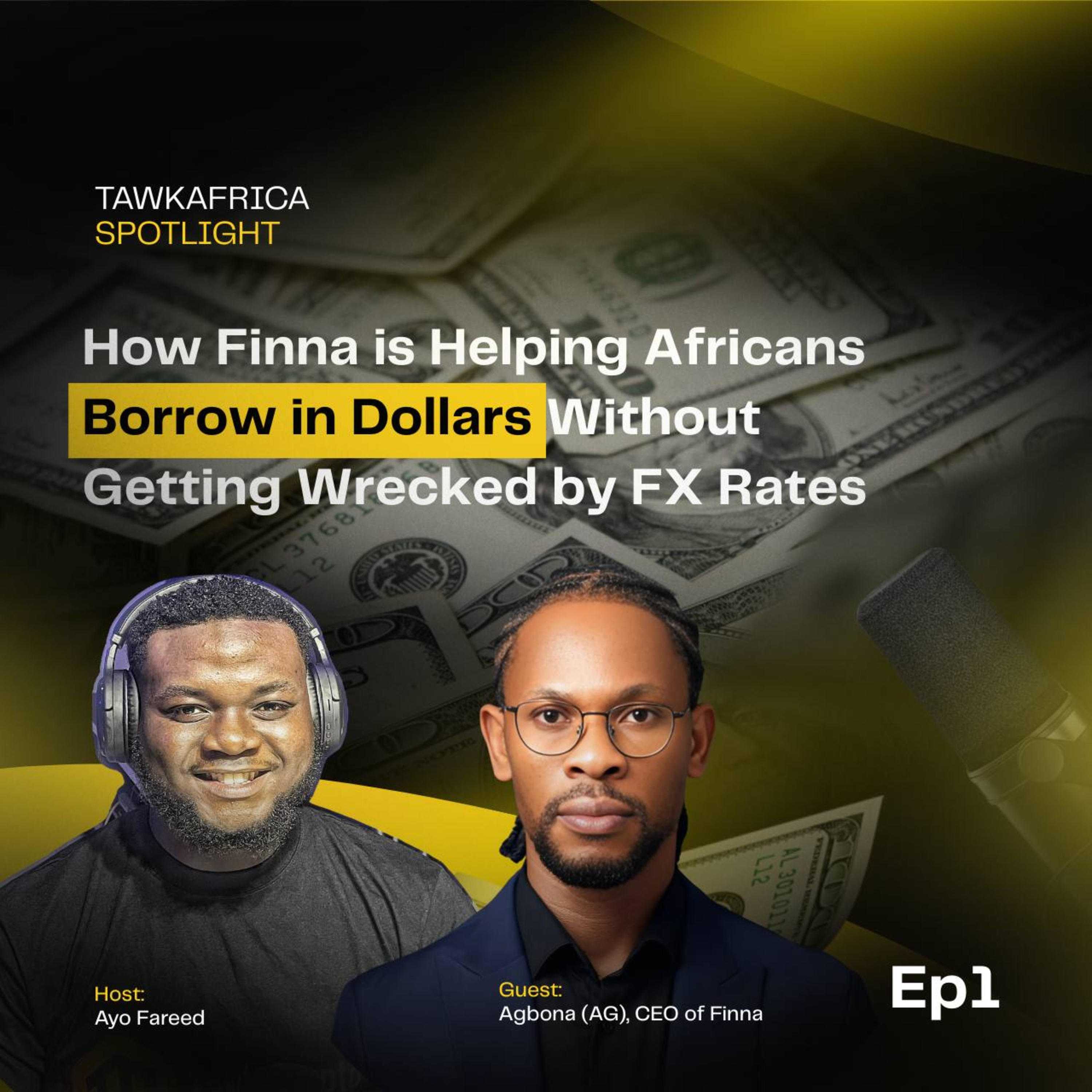Western Union to Launch USDPT Stablecoin on Solana, Files WUUSD Trademark
Flutterwave Partners with Polygon Labs to Boost Cross-Border Payments in Africa with Stablecoins.
Thunes Expands Stablecoin Adoption and Cross-Border Payments in Africa and Other Emerging Markets through Yellow Card an...
Binance Expands Cryptocurrency Services in Africa, Supporting Local Payments in Over 30 Countries
Nigeria, Mozambique, Burkina Faso, and South Africa Exit the FATF Money-Laundering Grey List
Western Union to Launch USDPT Stablecoin on Solana, Files WUUSD Trademark
The Western Union Company has filed a WUUSD trademark and has announced plans to launch its USDPT stablecoin on Solana and Digital Assets signaling a major step into stablecoin set...

Featured Story
Western Union to Launch USDPT Stablecoin...

Breaking News
Flutterwave Partners with Polygon Labs to...

Featured Story
Thunes Expands Stablecoin Adoption and Cross-Border...

Latest News & Analysis
Stay ahead with comprehensive coverage of Africa's evolving cryptocurrency and blockchain landscape

Flutterwave Partners with Polygon Labs to Boost Cross-Border Payments in Africa with Stablecoins.

Thunes Expands Stablecoin Adoption and Cross-Border Payments in Africa and Other Emerging Markets through Yellow Card and Ecobank Partnerships.

Binance Expands Cryptocurrency Services in Africa, Supporting Local Payments in Over 30 Countries

Nigeria, Mozambique, Burkina Faso, and South Africa Exit the FATF Money-Laundering Grey List
Four African nations have successfully exited the Financial Action Task Force’s heightened monitoring framework, signaling improved financial governance and potentially unlocking billions in investment.

Bull or Bear? What Charts, On-Chain Metrics, and Macros Are Telling Us About Crypto’s Next Move
After months of green candles and euphoric sentiment, the crypto market has been dealt a devastating blow. The past two […]
Live Market Data
Real-time cryptocurrency prices and market movements across major digital assets
Last updated: 2:14:49 PM
Bitcoin
BTCEthereum
ETHCardano
ADASolana
SOLPolygon
MATICBinance Coin
BNBTawkCrypto Podcast
Conversations with Africa's leading voices in cryptocurrency, blockchain, and digital finance

Crypto Trading in Kenya: Jerry’s Crypto Hustle, Hard Lessons & Big Dreams
From his very first trade to the mental grind of meme coin pumps, Jerry, a crypto trader from Kenya, opens up about his journey in the fast-moving world of crypto trading.In this episode, we dive deep into:The coin that kicked off his journeyRookie mistakes that nearly wrecked himHow he handles market stress and pressureWhy crypto is becoming the new-age hustle for African youthStablecoins, inflation, and the future of money in KenyaWhat crypto trading could mean for long-term wealth in AfricaHis 2030 vision for Kenya’s crypto sceneReal talk for beginners: the traps to avoid, and advice he wis...
Recent Episodes

How Is StarkNet Fueling Africa’s Crypto Revolution
In this powerful second episode of the TawkCrypto Podcast, we sit down with Paul Agada, Community Manager at StarkNet Af...

How Finna is Helping Africans Borrow in Dollars Without Getting Wrecked by FX Rates
In this episode of TawkCrypto, we sit down with AG, Founder and CEO of Finna, to explore how Finna is reshaping access t...
Never Miss a Beat
Join 1,000+ Africans staying ahead in crypto each week.